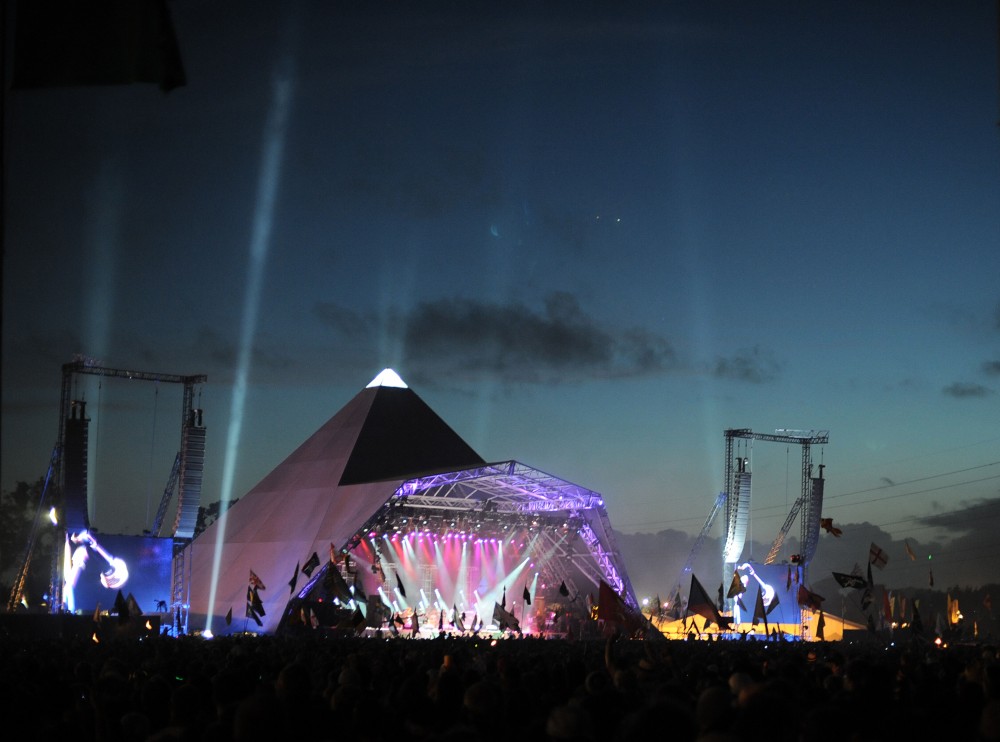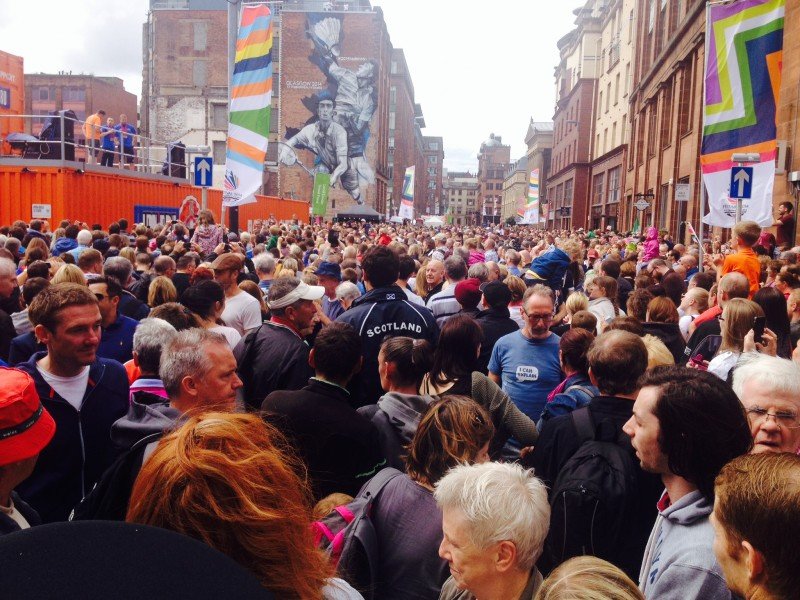
June traditionally marks the beginning of the UK’s outdoor festival season. Carl Hagemann offers his thoughts on the general principles around festival health and safety.
Watching new or favourite bands are among the main reasons why millions of revellers attend festivals across the UK each year. The majority, if not all attendees, do so unaware of the months of thorough planning that goes into ensuring everything runs smoothly and safely.
As a billion-pound industry, festival organisers often want to push the boundaries to create a never-before-seen experience both on stage and throughout the festival site. Ensuring health and safety at a festival, therefore, can sometimes introduce positive challenges to a promoter’s vision for their event.
Creativity when organising a festival is something that should be encouraged and embraced. Good event health and safety is about finding a balance between acceptable risk and the entertainment experience of revellers. After all, their safety, wellbeing and enjoyment is what it’s all about.
 In my experience, the dynamism of live events encourages health and safety practitioners to think outside the box and deliver practical and often timely solutions to an issue. Good long-term planning allows good health and safety but on occasions you have to effectively risk assess on the spot and make, take or advise actions under extreme pressures of the curtain being raised or the gates opening.
In my experience, the dynamism of live events encourages health and safety practitioners to think outside the box and deliver practical and often timely solutions to an issue. Good long-term planning allows good health and safety but on occasions you have to effectively risk assess on the spot and make, take or advise actions under extreme pressures of the curtain being raised or the gates opening.
Take the issue of loud music; it would not be a festival without it. We all know in general industry we want noise to be within the recommended guidelines for the wellbeing of our employees and others. Music at high levels though can be seen as part of the experience of a concert. So how do we compromise on this? The loud noise levels can be possibly bad for the audience’s hearing, be a nuisance for the local community and have licensing connotations as well.
Therefore, through positive health and safety measures, you can manage the risk without dampening down the occasion. Through planned exposure time, limits and sound direction complemented by active monitoring throughout we hopefully can achieve a great experience while also safeguarding the employees at front of stage and at associated areas.
The size and demographic of the audience, for example, also dictates among other things the scale of facilities and welfare provision, staffing, crowd management plans and contingencies. Then there is the unpredictability of a British summer. It is therefore essential to have comprehensive incident plans and contingencies in place that are ready to be implemented by experienced organisers, working in harmony with event safety management professionals.
In any discussions with event organisers, I like to start with an outline of what they want to do and work from there as to whether it can be achieved safely (and usually within budget). This can involve a bit of negotiation, honesty and a can-do approach rather than simply opting for the safe, if not ‘boring’ option from the outset. An early acknowledgment of the dynamic risks and issues, including the communication and request for a genuine commitment to safety with the effort and resources needed, will hopefully allow an event to take place as it was initially dreamt of being in the very beginning.
Being politically savvy will also help the longevity of a festival. Building good relationships with the local community, the local authority, the enforcing authorities and emergency services (usually through a safety advisory group) will give reassurance to all that best practice is being sought and followed.
One example I faced that highlights a small but important dynamic approach was when I was involved in the staging of the Glasgow Life Festival during last year’s Commonwealth Games. It included holding entertainment and some of the Commonwealth Games sports such as cycling and running events at Glasgow Green.

The Glasgow Life Festival during 2014’s Commonwealth Games
Glasgow Green, a much-loved public park by all Glaswegians, had the aim attached to it of remaining open to all visitors during the build phase if possible. This was a challenge to be attempted in the face of simply removing most of the risks by closing the park and declare it a building site – the easy option but not the bigger creative picture.
It was more work in regards to the overall safety plan and safe systems of work, which included additional and more intensive site training inductions, monitoring and contractor management (bearing in mind we all had immense time pressures as the Games had a cast iron calendar not to be tampered with).
But the upshot was that through the application of a dynamic health and safety attitude, complemented by a great health and safety team, Glasgow Life as an enabler had no incidents and kept the park open until the last, which was an achievement I feel welcomed by the people of Glasgow.
It is no surprise that when assessing festival safety and health it is not just the wellbeing of revellers that needs to be considered. The welfare of anyone working at the event, be it roadies, security staff or bar workers, must also be taken into account.
I’ve seen, for example, security officers at a gate sitting in the blazing sun all day wearing five-point PPE when it appeared to the casual observer to be not required at all, but simply an enforced generic blanket policy. Dehydration and heat exhaustion was a serious risk created as a result of the PPE and a lack of a dynamic approach in this instance.
This sort of rigid application can give health and safety a bad name to casual observers such as myself, the public and the media and importantly also to the employees in whom we invest to gain a positive health and safety culture within our organisations.
At the Glasgow Life Festival, we employed a more dynamic approach to PPE use where, for example, we allowed workers to take hardhats off when and if there was no overhead work going on and no other nearby site risks (strictly monitored of course with penalties of a site ban).
This gave value to the competence of the seasoned event contractors, which encouraged a culture of self-responsibility that was seen as refreshing by them. In return, we had more comfortable contractors being more efficient, self-aware and happy. Ultimately, we had no head injuries and it made for a better experience for all involved.
On the note of the sun or solar radiation, working at a festival also typically means long shifts exposed to the elements. The impact of this on workers’ health should therefore be a major consideration. IOSH is currently raising awareness of the link between exposure to solar radiation at work and skin cancer through its No Time to Lose campaign.
New research commissioned by IOSH on this topic found that, on average, five people a day in the UK are diagnosed with skin cancer as a result of working outside with inadequate protection from the sun. Simple measures like checking the UV Index, wearing long-sleeved clothing and minimising exposure to direct sunlight in the middle of the day all helps reduce the risk.
For more details about working safely in the sun visit the No Time to Lose website at www.notimetolose.org.uk
Carl Hagemann is chair of IOSH’s Sports Grounds and Events Group
The Safety Conversation Podcast: Listen now!
The Safety Conversation with SHP (previously the Safety and Health Podcast) aims to bring you the latest news, insights and legislation updates in the form of interviews, discussions and panel debates from leading figures within the profession.
Find us on Apple Podcasts, Spotify and Google Podcasts, subscribe and join the conversation today!




